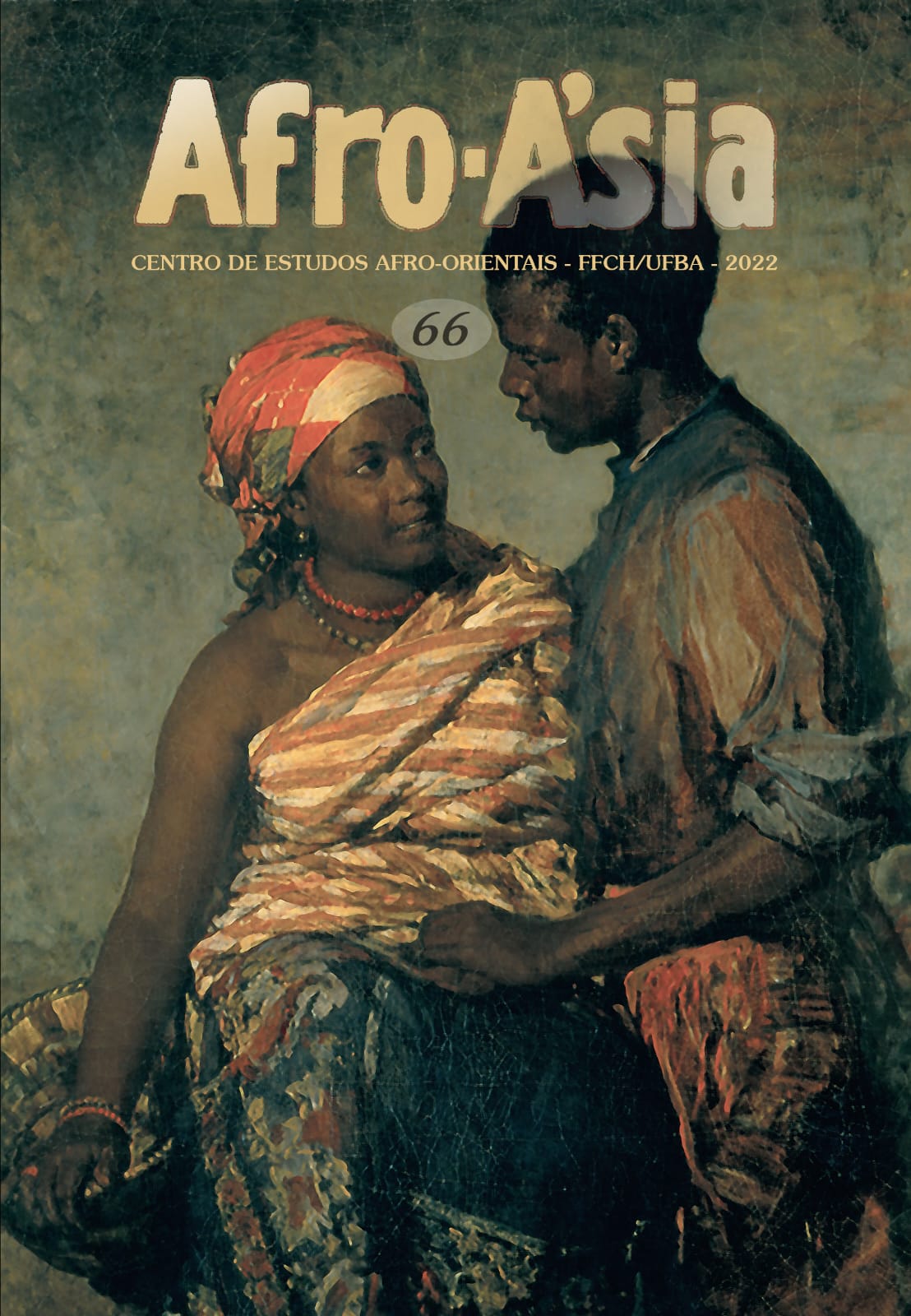James Stuart’s African Informants
The Construction of the Zulu Kingdom in the Accounts of Socwatsha kaPhaphu and Baleka kaMpitikazi (South Africa, 1890-1920)
DOI:
https://doi.org/10.9771/aa.v0i66.48637Keywords:
African history, South Africa, Zulu kingdomAbstract
This paper examines the accounts of Socwatsha kaPhaphu and Baleka kaMpitikazi, as registered by colonial administrator James Stuart, in Natal and Zululand (in present-day South Africa) between the 1890s and 1920s, with emphasis on the memories referring to the consolidation of Zulu political power during early 19th century. The documentation is considered through the concept of “contact zones” (as suggested by Mary Louise Pratt), demarcating the interactive dimensions of colonial encounters, including discourses constructed with the goal of reinforcing distinctions between “colonizers” and “colonized”. Although Stuart’s framework for memory is committed to the elaboration of colonial policies for the treatment of the “native” population, the testimonies reveal a re-elaboration of the past based on memory and orality, in particular, the different alignments of power and political strategies undertaken by their communities in facing the expanding Zulu power.
Downloads
Downloads
Published
How to Cite
Issue
Section
License
Copyright (c) 2023 Evander Ruthieri da Silva

This work is licensed under a Creative Commons Attribution 4.0 International License.
You are entitled to freely share, adapt and use the work herein published for any legitimate purpose as long as authorship and the original source are acknowledged.




